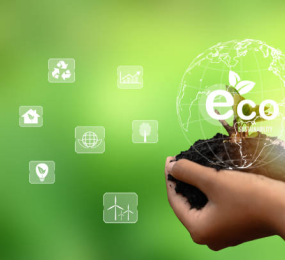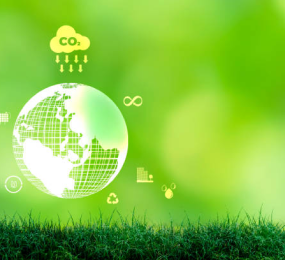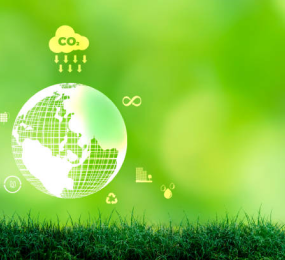E-Fuels: Powering a Cleaner Transportation Future
The transportation sector faces a significant challenge: reducing greenhouse gas emissions to combat climate change. While electrification is a major solution, it's not a one-size-fits-all answer. Enter e-fuels, synthetic fuels produced using renewable energy sources. These hold immense potential for decarbonizing transportation, particularly in hard-to-electrify sectors like aviation and maritime shipping.
E-fuels boast two key advantages. Firstly, they generate minimal emissions when burned, especially if their production utilizes renewable electricity and sustainable carbon capture methods (e.g., capturing carbon dioxide from the air). Secondly, e-fuels like e-diesel and e-gasoline are compatible with existing infrastructure, requiring minimal changes to refueling stations and vehicles. This compatibility makes them a smoother transition fuel compared to a complete overhaul for electric alternatives.
However, e-fuels are still in their early stages of development. Their production costs need to decrease to become commercially viable. Additionally, ensuring a truly sustainable life cycle requires a focus on expanding renewable energy sources and efficient carbon capture methods.
Despite these challenges, e-fuels offer a promising path towards a cleaner transportation future. Their compatibility with existing infrastructure and potential for near-zero emissions make them a valuable tool alongside electrification for a comprehensive decarbonization strategy.
Visit our website to know more: https://www.leadventgrp.com/events/world-e-fuel-summit/details
For more information and group participation, contact us: [email protected]
Leadvent Group - Industry Leading Events for Business Leaders!
www.leadventgrp.com| [email protected]
















